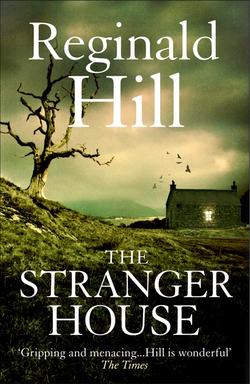Читать книгу The Stranger House - Reginald Hill - Страница 7
Author’s Note
ОглавлениеMost of what I know about the incredible scandal of the estimated 150,000 child migrants shipped from Britain to the furthermost corners of its Empire derives from Margaret Humphrey’s moving exposé, Empty Cradles (Doubleday, 1994; Corgi, 1995), which I recommend unreservedly. But no character in my book is based on any individual involved in any capacity in that sorry tale of abuse of persons and of power.
Australia figures in my story and anything I have got right about matters Australian is almost certainly down to Mel Cain and Christine Farmer of HarperCollins, who organized my only visit to their lovely country and made sure I had a great time. By the same token, anything I’ve got wrong is down to me, so let me put my hand up now and save you the bother of writing!
But most of the action of The Stranger House takes place in Cumbria, England, which is the powsowdie the politicians made thirty years ago of the grand old counties of Cumberland and Westmorland, with segments of Lancashire and Yorkshire stapled on to straighten the boundaries and make it fit more easily into a filing cabinet.
This was the setting of my formative and is the setting of my degenerative years and I feel some natural unease at locating on my own doorstep a story which is full of eccentric people often behaving badly. So let me state without reservation that the valley of Skaddale and its village of Illthwaite are entirely figments of my imagination. Their names, population, history and topography are invented, and they bear no relation other than the most basically generic to any real places.
This means that my dear friends, my excellent neighbours, and indeed all occupants, native or new-come, of this loveliest of landscapes can rest peacefully in their beds.
And so can their lawyers.
My heroine’s terms of reference are mathematical, my hero’s religious.
No theologian or mathematician I have met provides a model here.
Yet, despite the above disclaimers, it should be remembered that just as theologians and mathematicians use impossibilities, such as the square root of minus one or the transubstantiation of wine into blood, to express their eternal verities, so it is with writers and their fictions.
In other words, just because I’ve made it all up doesn’t mean it isn’t true.
